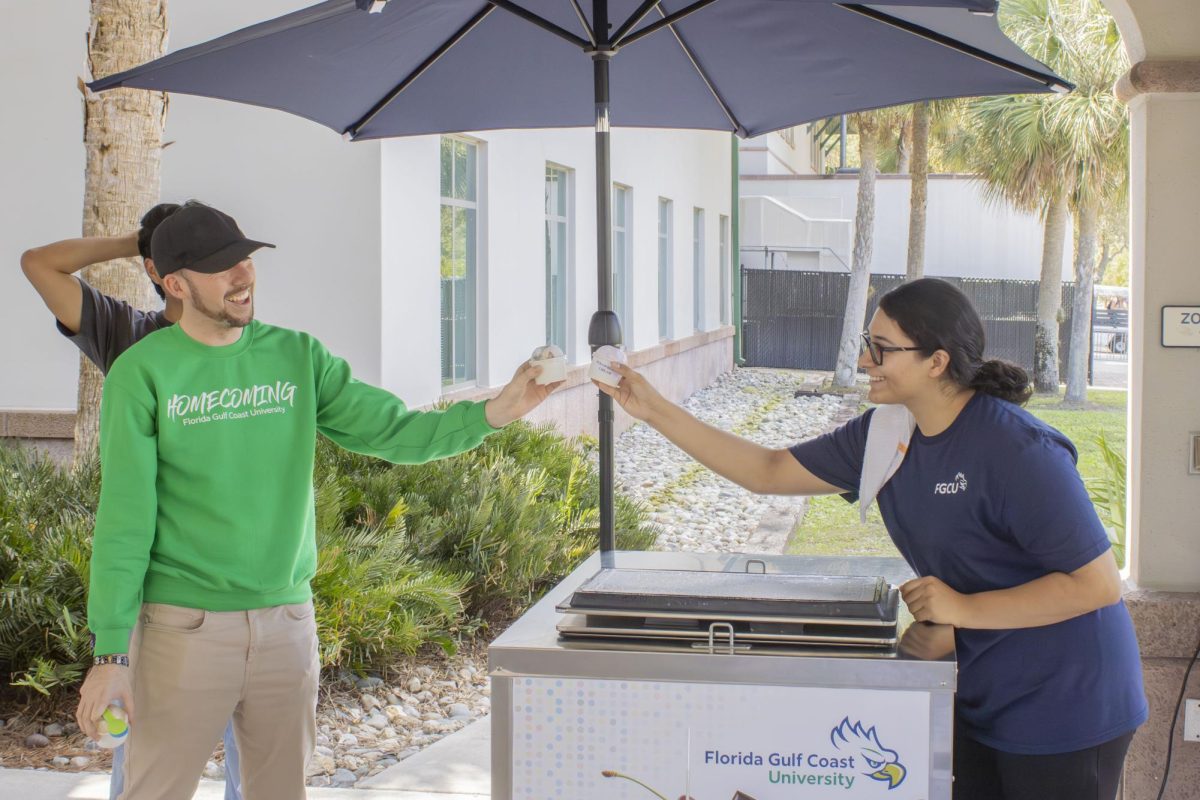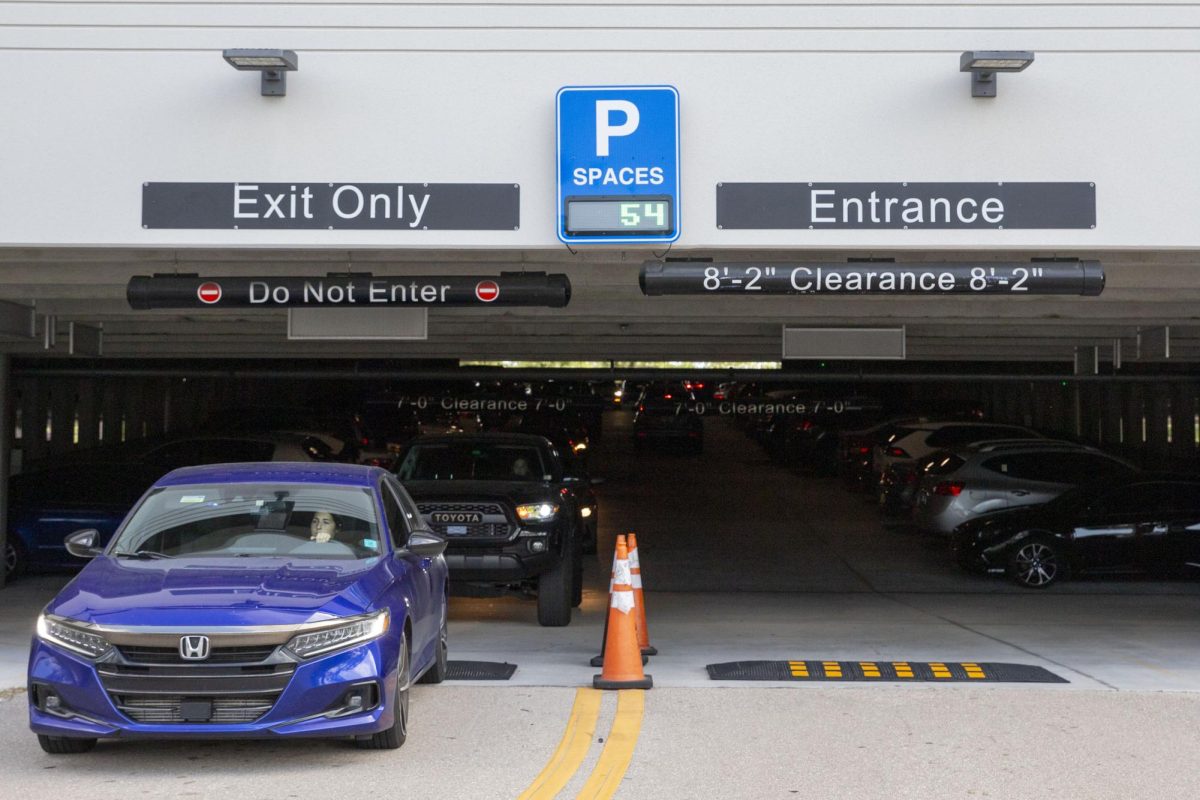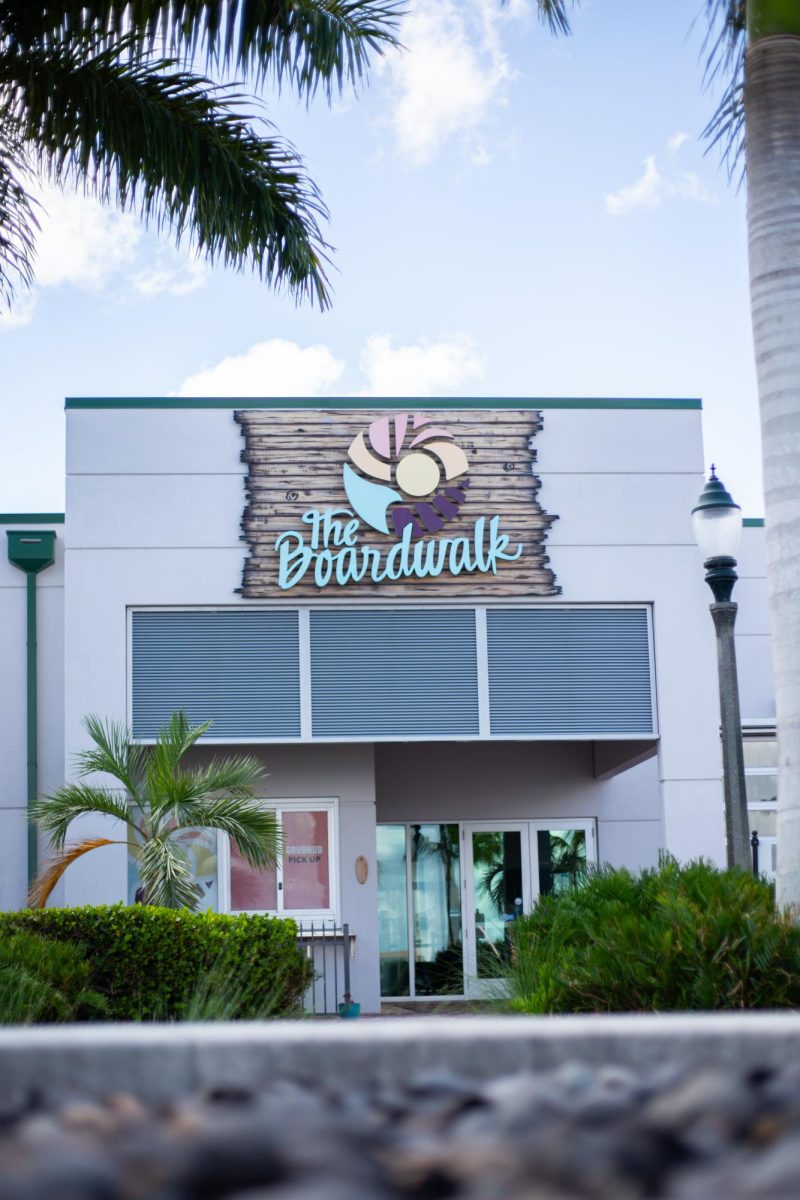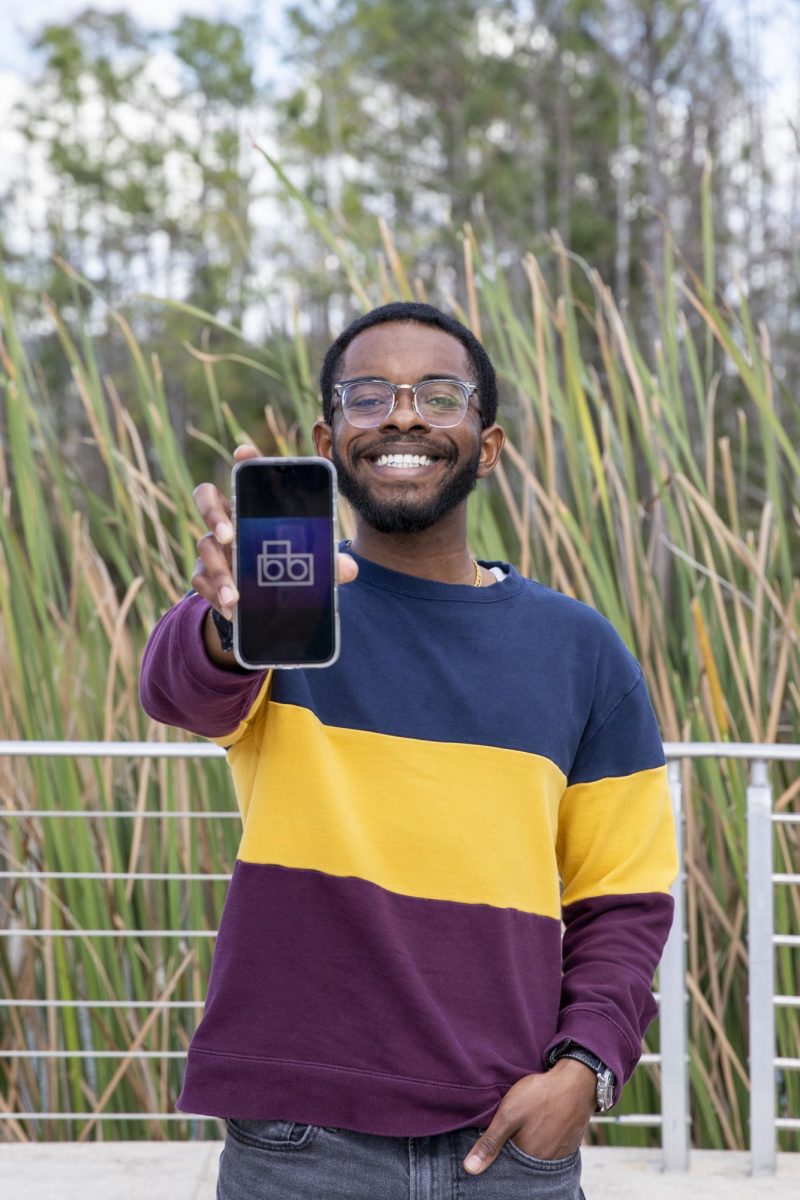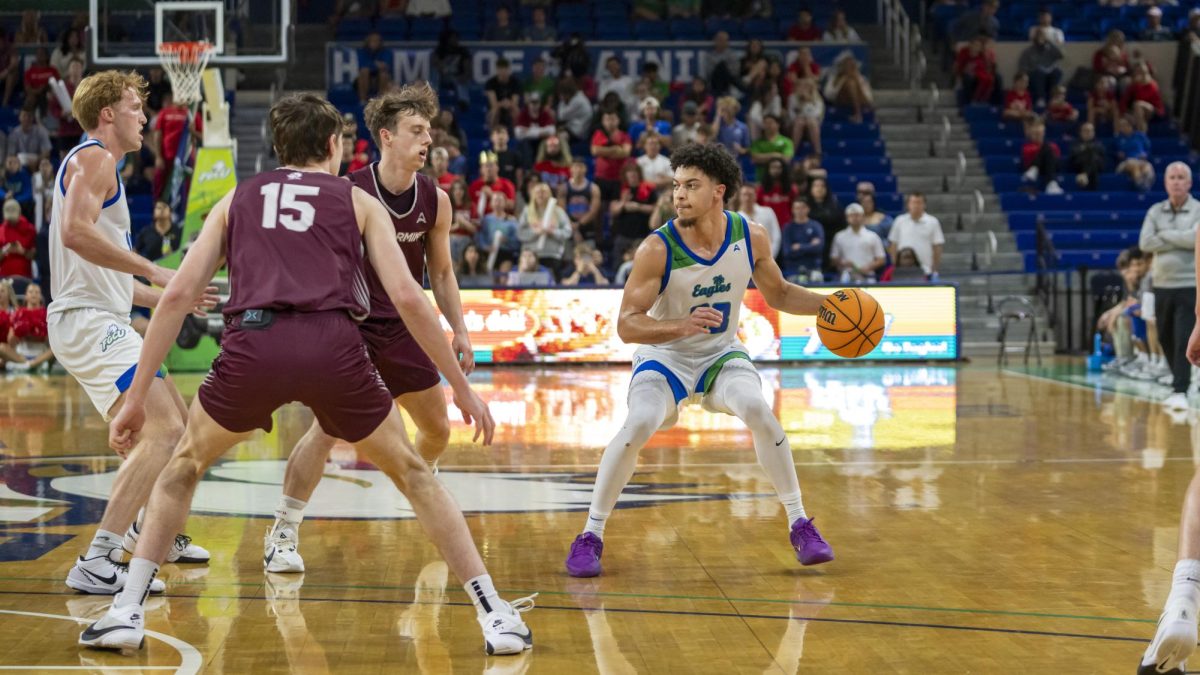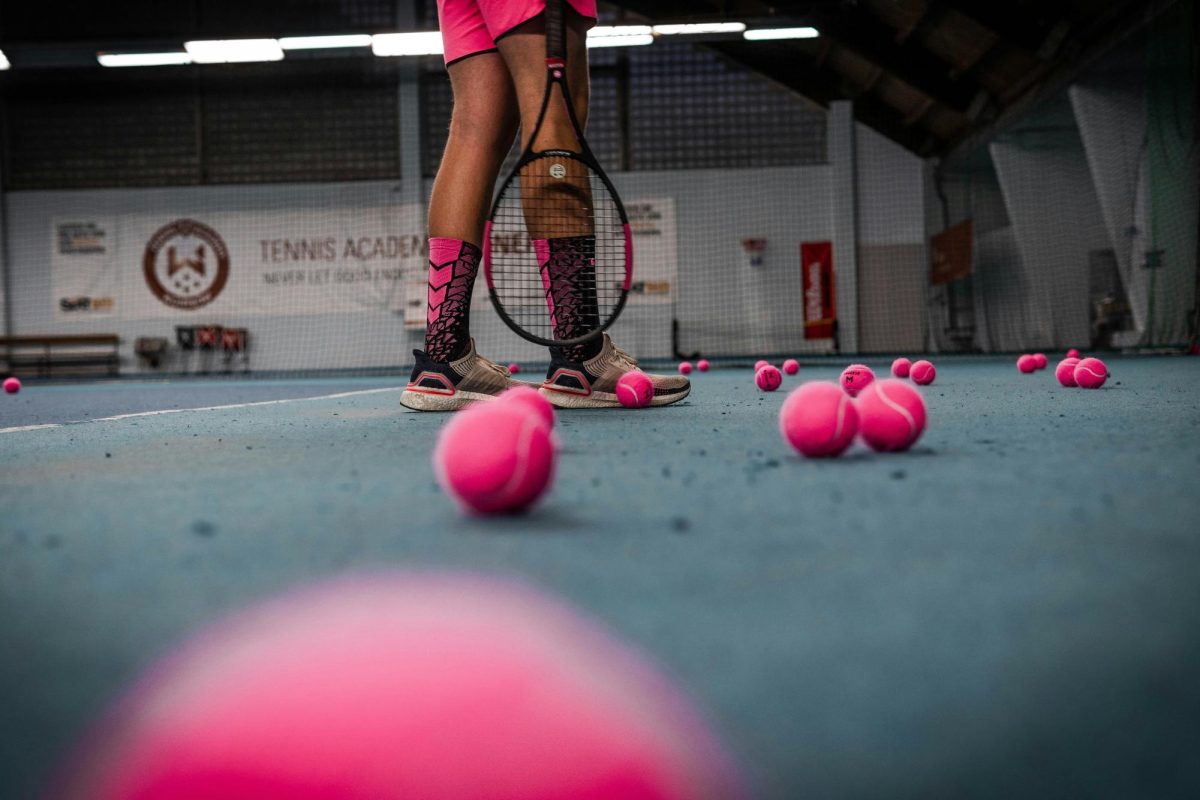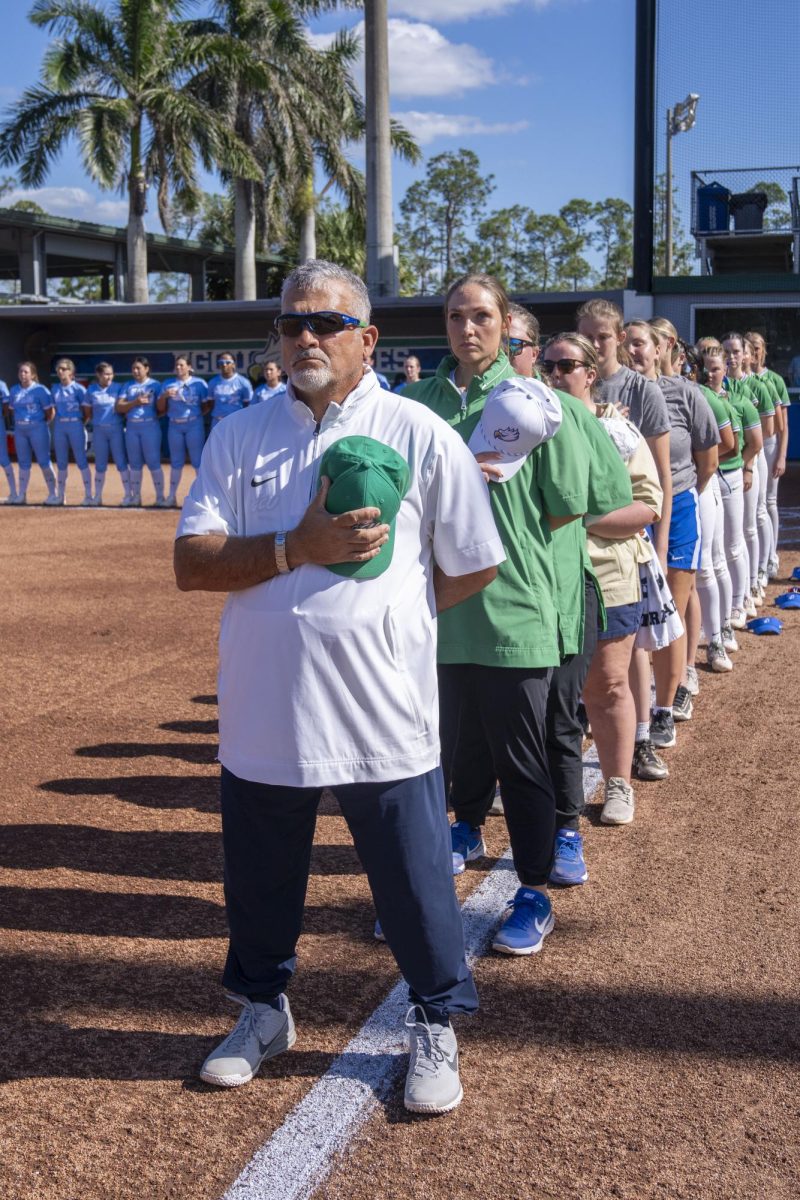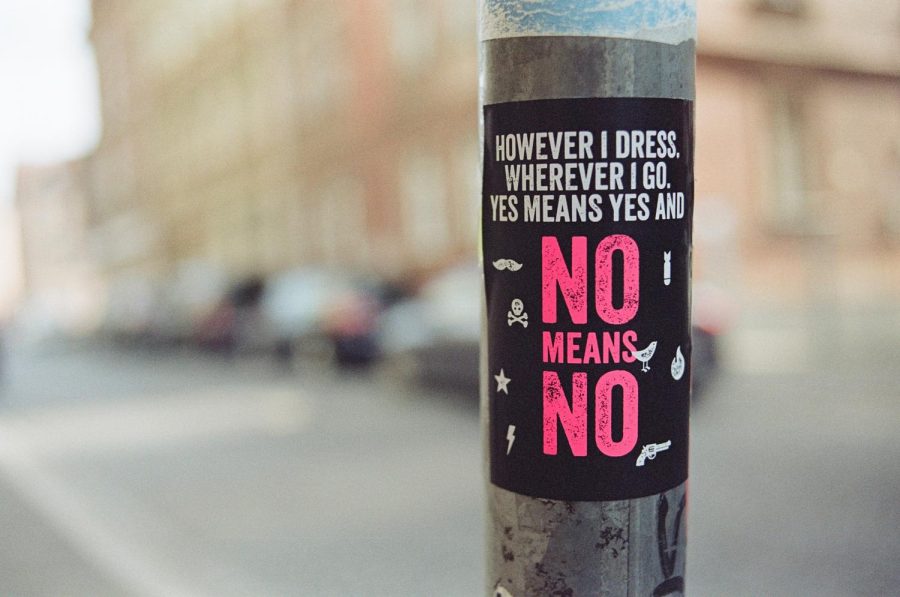Speaking Up and Protecting Student Survivors
May 12, 2023
“He is innocent until proven guilty, but I am a liar until proven truthful.”
“My clothes do not determine my consent.”
“Today my professor told me every cell in our body is destroyed and replaced every seven years; how nice it will be to have a body that he never touched.”
These quotes, and thousands more like them, are from female survivors of sexual assault. April is Sexual Assault Awareness Month (SAAM), and it is time for members of the university community to stand up and join the fight against the campus sexual assault crisis, which sees one in every four women sexually assaulted during their time in undergraduate study.
26.4% of undergraduate females experience rape or sexual assault during their time in college, and 6.8% of males experience the same, according to RAINN. Five FGCU students reported sexual assault-related offenses last semester alone according to monthly university crime logs. This does not account for unreported activity.
Rape victims are common, but rapists are not. Most college rapists are repeat offenders, committing an average of six assaults, according to Slate Magazine. And though a survivor might go through the entire process, from reporting to questioning to therapy, consulting a lawyer and more, less than 6% of rapists will spend a single minute in a jail cell.
So, while a survivor is trapped in their own mind, reliving the terrible events, feeling their attacker touching them repeatedly, remembering how their bodies were violated in the worst of ways, remembering their feeling of helplessness and terror, the rapist gets away with it and gets to go back to normal.
“Why is it that every woman knows another woman who has been raped, but no man knows a rapist,” author and activist Sara Erdmann questioned.
Women who have been sexually assaulted are three times more likely to suffer from depression, four times more likely to contemplate suicide and six times more likely to have Post-Traumatic Stress Disorder (PTSD), according to GoodTherapy.
Most times the mental health of a survivor is severely damaged after their traumatic event. The feelings associated with reporting and going through a sexual assault trial (shame, sadness, anger, fear) all flow through the mind of the victim in no set pattern, making it hard for them to live their daily life.
Based on my personal experience, as well as those who have been through similar circumstances, most of us suffer from some form of PTSD; some of us cannot go to campus alone, sleep alone or cannot be in a committed relationship because we fear being hurt again.
I know a girl who cannot even be hugged without wincing, one who cannot sleep without a friend talking to her until she passes out, and, in my case, I cannot sleep without being heavily medicated (which does not guarantee I will not still have night terrors). Being put through hell, and then living that hell on and off for years to come is something no survivor should have to endure. Yet, we do, since our universities and police forces cannot protect us from the actions of our peers, nor can they do an effective enough job in the aftermath.
“I hate getting flashbacks from things I don’t want to remember. PTSD from sexual assault is a double punishment. Your body was violated, then your mind will not let you forget,” a student, who wished to stay anonymous, said.
Based on these statistics, my personal testimony and more, I have decided to start a chapter of It’s On Us. It’s On Us is a nonprofit organization dedicated to sexual assault prevention and education at American universities. The purpose of this new FGCU chapter is to start an activist movement while also supporting survivors that attend school at FGCU. I am starting this chapter to unite my fellow survivors and even students who have not been through sexual assault, against the college rape crisis.
No one act is too small, and starting a chapter at FGCU is one step in a long fight to change the way we address the campus sexual assault crisis.
If you or someone you know is suffering from sexual assault, call the national sexual assault hotline at 1-(800)-656-4673, or seek help from local professionals or even fellow survivors.

